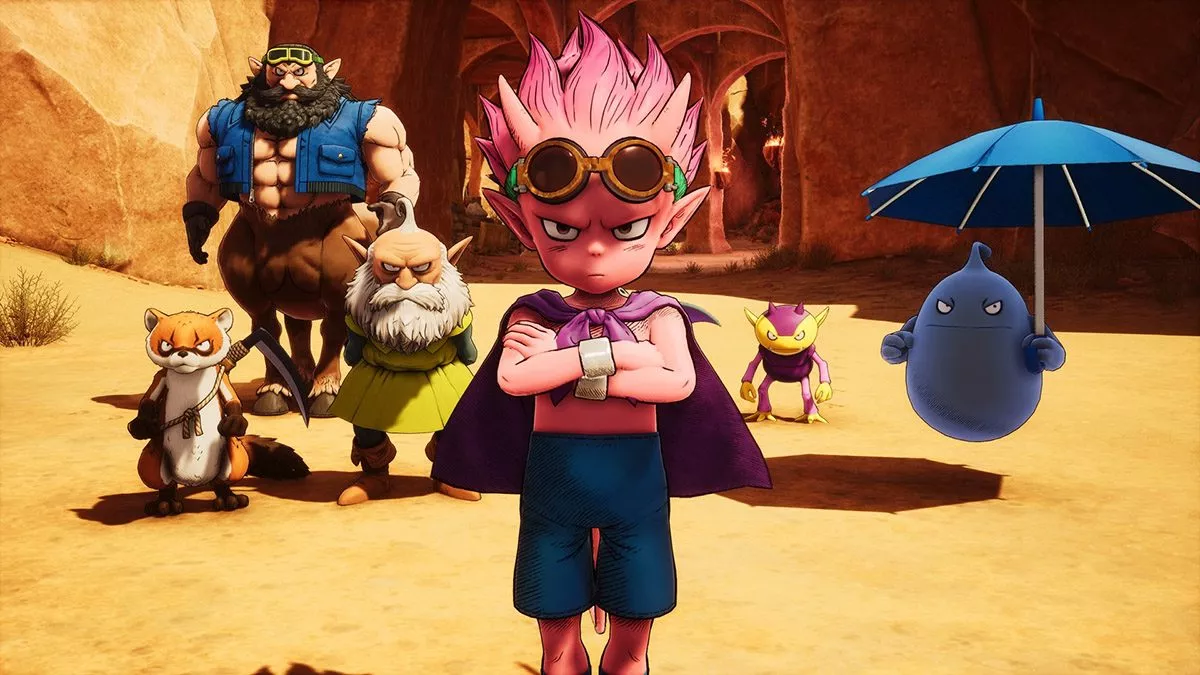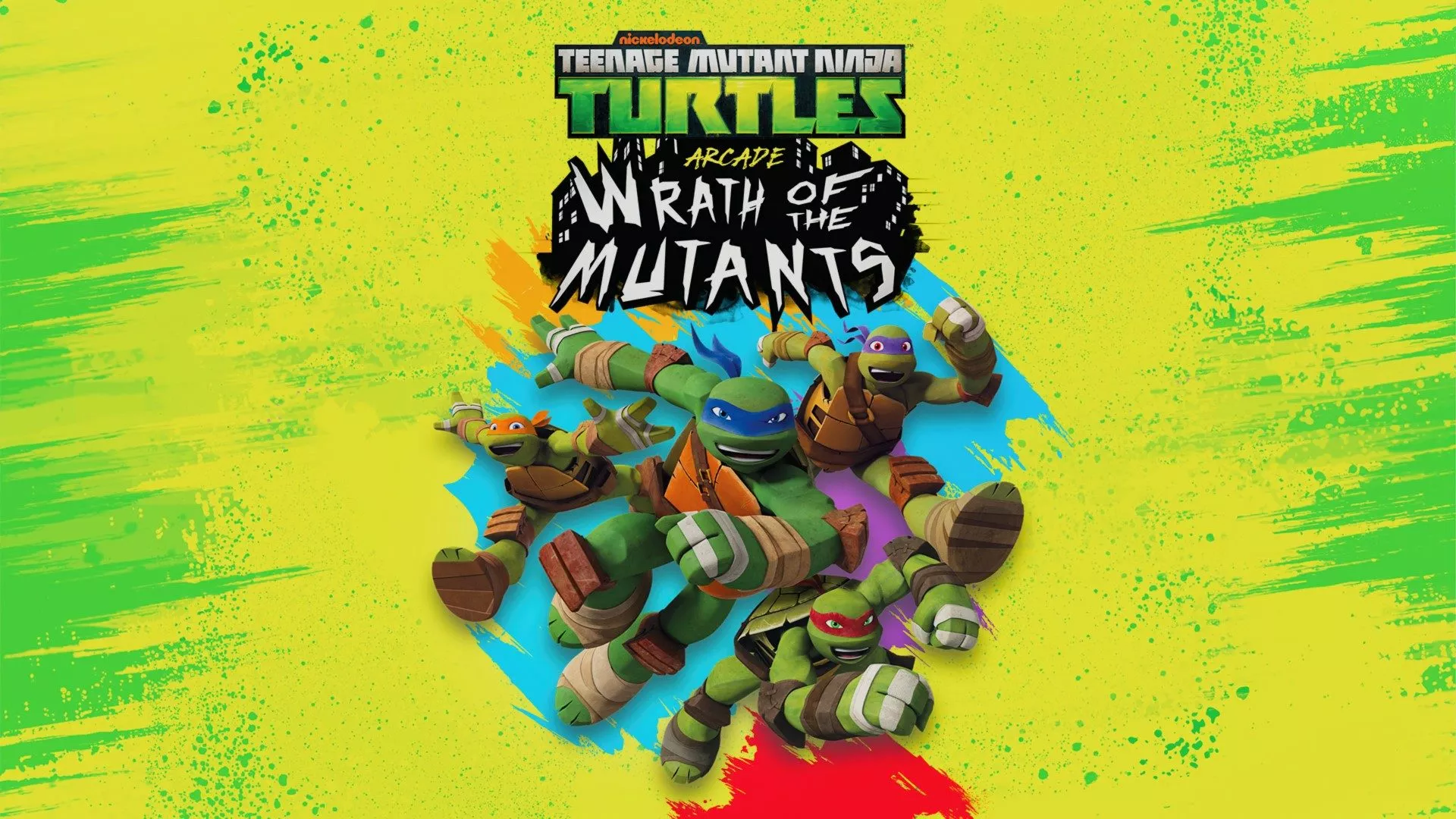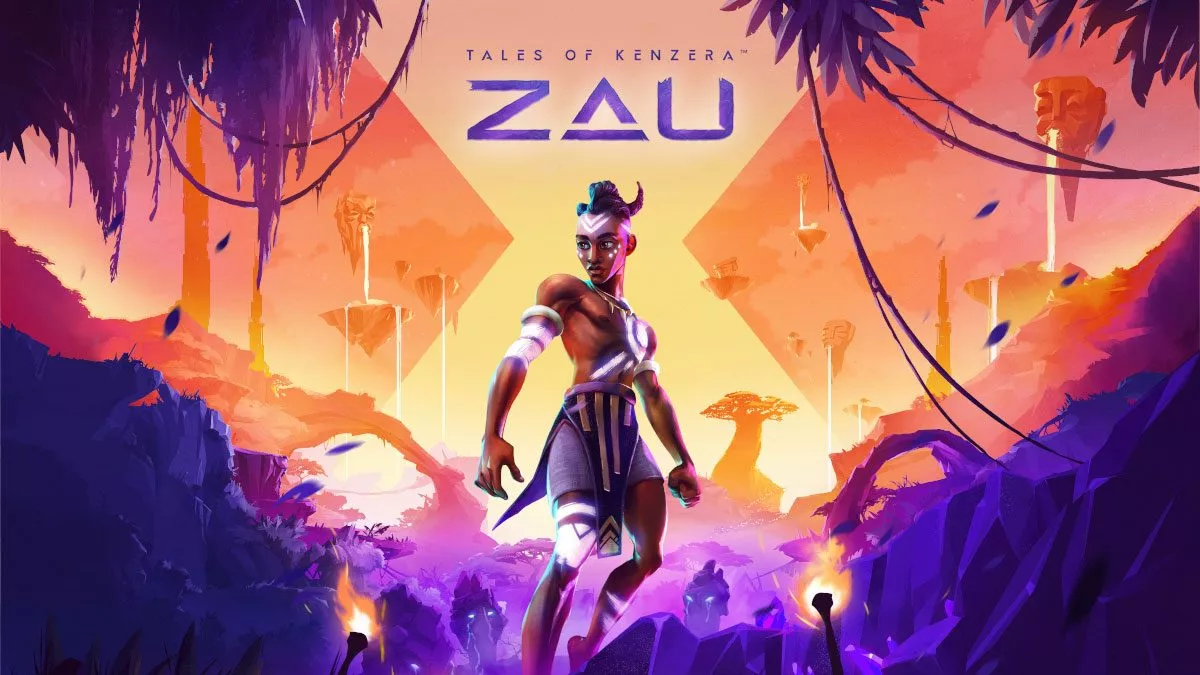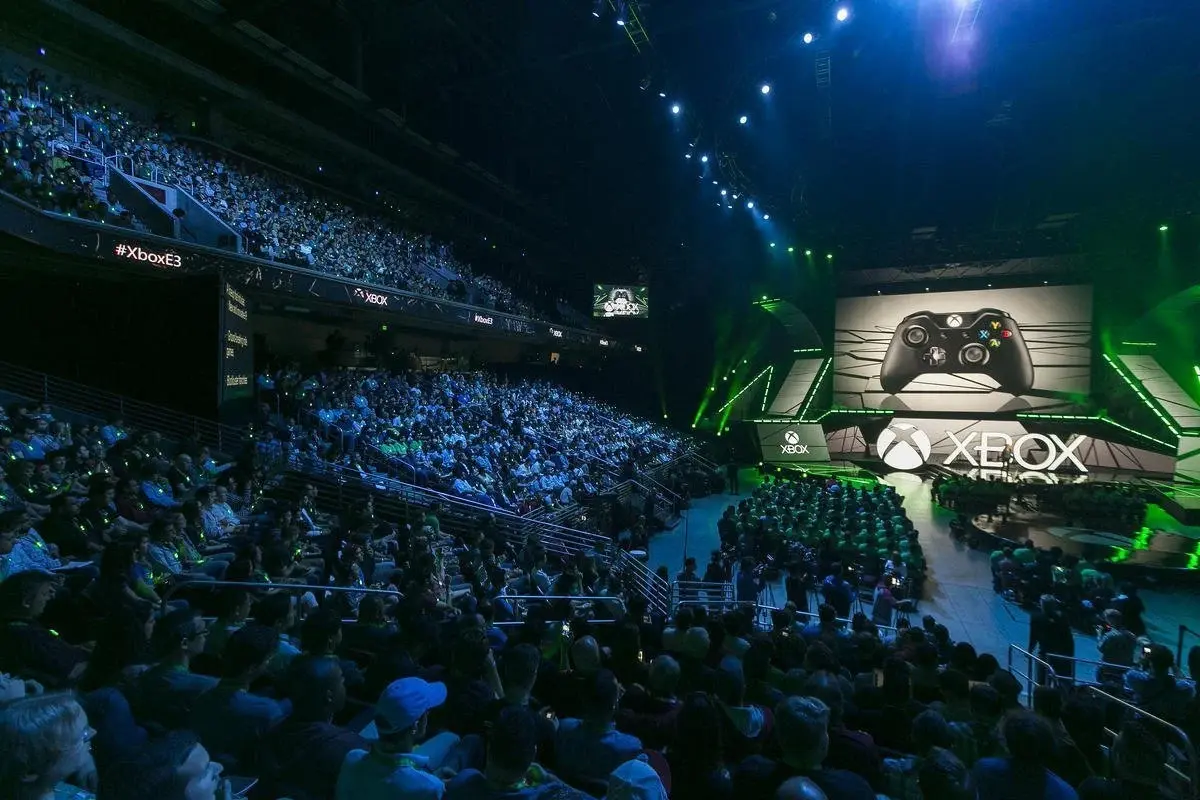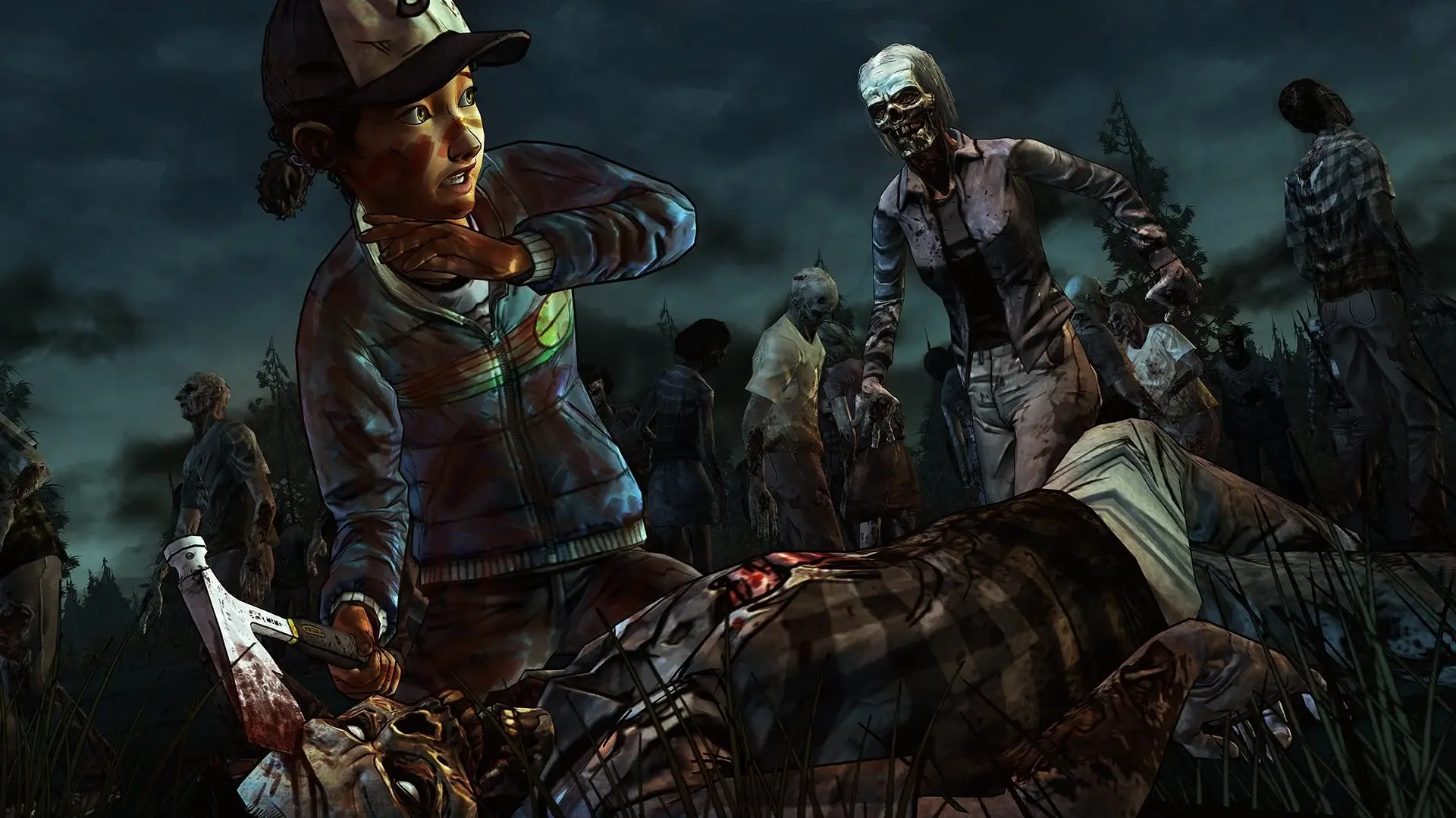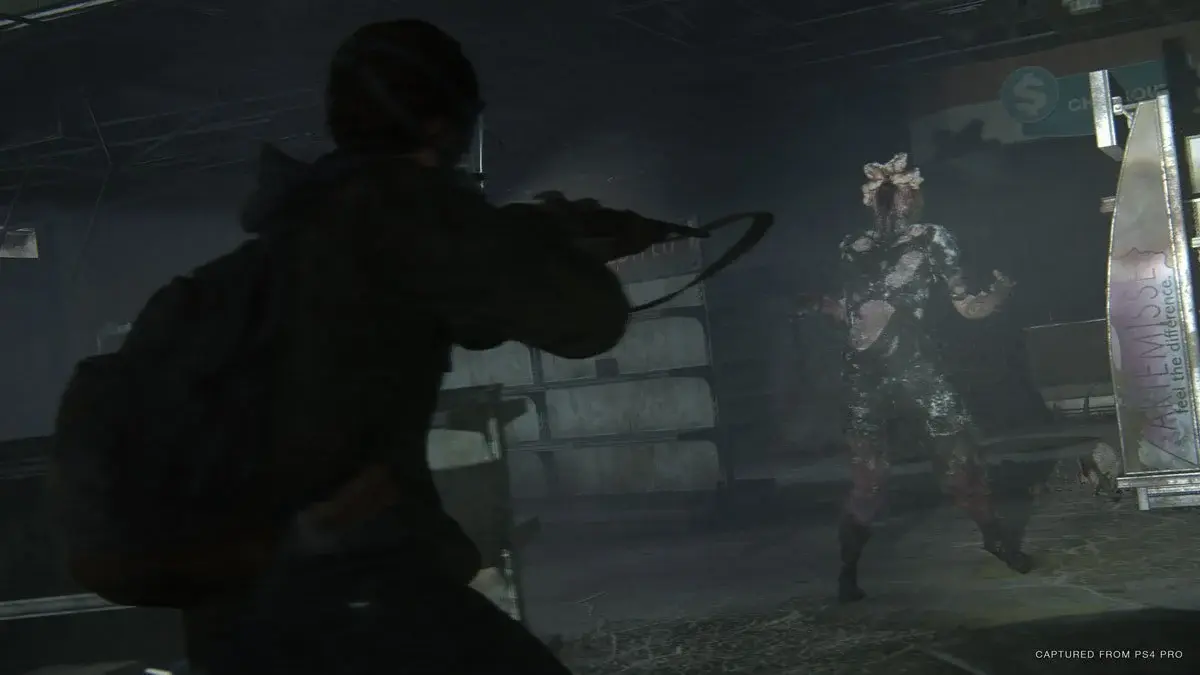As the coronavirus makes its way around the globe, its impact on the various industries is starting to become apparent.
Major sporting events are being cancelled or replaced with video game simulations. People are selfishly stocking up on supplies they don’t need at the detriment of those more vulnerable to the effects of the disease, leaving supermarket shelves empty and checkout staff turning into impromptu security guards. Borders are being closed, and that will certainly impact the flow of necessary goods (lucky for me there’s a Sorbent factory in Victoria) and businesses are either shutting or slowing down. Every industry in the world will be impacted one way or another.
The games industry is no different. Games emerged from 2009’s Global Financial Crisis (GFC) largely unscathed because even when money was tight, gamers still bought games. This crisis, through, brings an entirely new level of drama, stress and anxiety. With lockdowns and governments at various levels deciding what is and isn’t an “essential service,” people are panic buying toilet paper and debating whether or not they should pop over to Bondi Beach for the weekend (note: you shouldn’t).
At the consumer level, casual workers will be hit the hardest. If working hours are reduced, employers close shop, or employees become sick and either run out or aren’t entitled to sick leave, sales will be impacted as a result. It doesn’t stop at casual workers through; the threat of looming financial turmoil will have all of us re-thinking where we’re going to put our money — especially considering the recent and rather confusing announcements from the Australian government that all non-essential services should close.
There are a lot of gamers out there working in all sorts of industries. Many will be wondering if their line of employment is considered essential or not, and many others will already know that their income is about to come to a very sudden stop. And as much as we’d all love to be playing Animal Crossing, every dollar counts and those that don’t have the luxury of a disposable income will soon start to reconsider where each dollar goes. If people are financially savvy they’ll wait till this thing blows over but at a cost to the GFC resistant games industry. Video game sales will slump as this crisis continues, and increasingly as the months pass by.
Beyond the obvious, there are more angles to consider. We all know that major gaming events around the world are being cancelled including E3. Considering the new generation of consoles being released this year, the cancellation of E3 is a big deal… at least to us journalists. To consumers, E3’s cancellation will have little impact. The likes of Ubisoft and Microsoft and Devolver have already confirmed digital offerings that we’ll all be able to stream.
While a press conference in front of a cheering crowd has a bit more pizazz than a pre-recorded clip of people introducing new game trailers, let’s face it: in the grand scheme of things, only a small portion of us attend E3 in person. News comes out one way or another. We’ll continue to watch on, in the same way we do every year — in the early hours in front of our screens.
There’s another aspect of E3’s cancellation that will have an impact. A big part of E3 and similar events are the opportunities for the games media to go hands-on with incomplete builds of upcoming games so we can give our readers and viewers some first impressions. This change will mean that developers and publishers will be forced to reconfigure their marketing plans. Perhaps you’ll see some gameplay footage earlier than usual (and in a controlled and possibly scripted setting). Or — hopefully — some will make arrangements for digital preview events.
Similar to open and closed alpha and beta programs, digital previews have been done in the past but they’re less common than the events journalists would attend in person. The problem for developers with this is that it takes away an element of control. In preview events that we attend in person it’s common to have either a “shoulder surfer” on hand to assist with any issues. In some instances, a member of the development team might sit with you and guide you through a demo step by step. Preview events often boast high end PCs as well, in order to ensure the software performs properly, visuals are at maximum and frame rates are high.
In digital demos, due to the uncontrolled environment that is a journalist’s home or office PC, technical issues can arise. The PCs being used might not be up to scratch either, and that can impact the impressions of the demo and publishers aren’t going to love that. This change might also exclude a large number of critics simply because they don’t have access to a high specced PC. So for these reasons, you can expect instances of truly unbiased opinions of these preview builds to be scarce this year.
The same could apply to interviews with developers, often tied to previews (or at least here in Australia). This can be easily overcome by conducting interviews over the phone or via Skype, but in some instances — and even before COVID-19 was a thing — interviews are sometimes arranged by email which is far from ideal for a number of reasons. Firstly, tone of voice can easily be lost in an email and that impacts the interpretation of what’s being said. Secondly, email interviews are much less candid and natural. They’re often vetted by marketing teams so the odds of an interviewer getting some really juicy news that you want to read about are slim to nothing.
All of this will no doubt have a big impact on how quickly the hype trains for each game begin. It’s also going to impact publishers because they need to switch things up and allocate resources elsewhere. Media outlets big and small will have fewer articles to write which of course reduces revenue streams.
It was also recently reported that GameStop stores in the US are closing their stores and will instead only offer online sales and curbside pickup. But it wasn’t until after they first argued that they were offering an essential service by way of sales of keyboards and mice for people working from home. Does the term “essential service” sound familiar? I hope that the likes of EB Games and JB Hi-Fi will be responsible and close their doors while avoiding such a piss poor justification to keep the dollars rolling in. So supply of physical games is already going to be a problem simply because stores can no longer move physical stock out the door thanks to all the walk in customers that would normally flick through the Pre-owned bargain bins with their grubby little COVID-19 coated hands. Online sales will no doubt continue, and will probably increase, that is assuming the stores have stock to move.
Recently, ol’ mate Trump took out the bullhorn and blundered his way through the simple act of reading a teleprompter. Inadvertently, and incorrectly, he told the world that travel “prohibitions [from Europe, excluding the UK] would not only apply to the tremendous amount of trade and cargo, but various other things as [they] get approval”.
While his idiotic addition of the word “only” changed the entire context of the statement, it certainly raised thoughts of the possibilities that this could actually happen. Importation of products could, and probably will be impacted. Consoles aren’t manufactured in Australia. So in the very likely event that the importation of goods is slowed or halted, so will the supply of gaming hardware. Especially considering it’s going to be high on the list of non-essential items. Food and medical supplies are much more important than the latest GameStation 64.
With the potential of limited stock and slow production, if there was ever a time to break your “I don’t pre-order” rule, it’s now. It’s already been suggested that production of the Nintendo Switch will be reduced in some regions, and that will impact supply. As more and more people become unwell and/or quarantined manufacturing will slow down, its likely that access to physical game discs and hardware will be limited.
The same would likely apply to game development too, but perhaps not to the same extent. While admittedly my understanding of the development process these days isn’t what it was, many computer-based roles such as programming and design may be less affected. If the hardware is available then many of the talented people that make the games we love should be able to work from home if necessary.
On the other side of the coin, departments such as motion capture and audio (just to name a few), which require much more specialised equipment, large amounts of space and groups of people working closer together are likely to have issues. We can expect to see release dates being pushed back, or many titles will go for extended periods of time without release date announcements simply because devs don’t know how long this will all be a problem.
Though devs working from home might have its own flow on effect. Devs aren’t the only people that will be working from home. As more and more people are self isolating or just working from home for safety, there’s going to be a strain on internet traffic. This is especially true for Australia sub par broadband network. We’ve already seen Xbox Live go down this week with a confirmed increase in traffic; Steam has seen record of 20 million users online at once which makes perfect sense. Being at home for weeks on end is boring. Of course we’re going to play games, and for most that requires the internet. If the internet isn’t working — or is bottlenecked over demand — and devs are relying on it to communicate with their teams and to send large amounts of information, then the whole process is going to slow down.
There’s no denying that COVID-19 will have big impact on the medium we all love so much. The situation in Australia, and across the globe will likely get worse before it gets better. But as far as problems go it’s nothing compared to the bigger picture. What’s important is the health and safety of you and everyone around you. Be cautious, but don’t over react. Wash your hands, avoid large gatherings, work from home if you can, and make sure you check in with those most vulnerable to both COVID-19 itself and its effect on the world.
Buy only what you’re going to need for two weeks ahead. Make sure your old folks have enough of what they need too. And in the unlikely event that everything falls apart, be prepared for the world to turn to us. As gamers, we’re better versed than anyone when it comes to the downfall of society. We’ve all played The Last Of Us haven’t we?
Be safe.
This article may contain affiliate links, meaning we could earn a small commission if you click-through and make a purchase. Stevivor is an independent outlet and our journalism is in no way influenced by any advertiser or commercial initiative.










